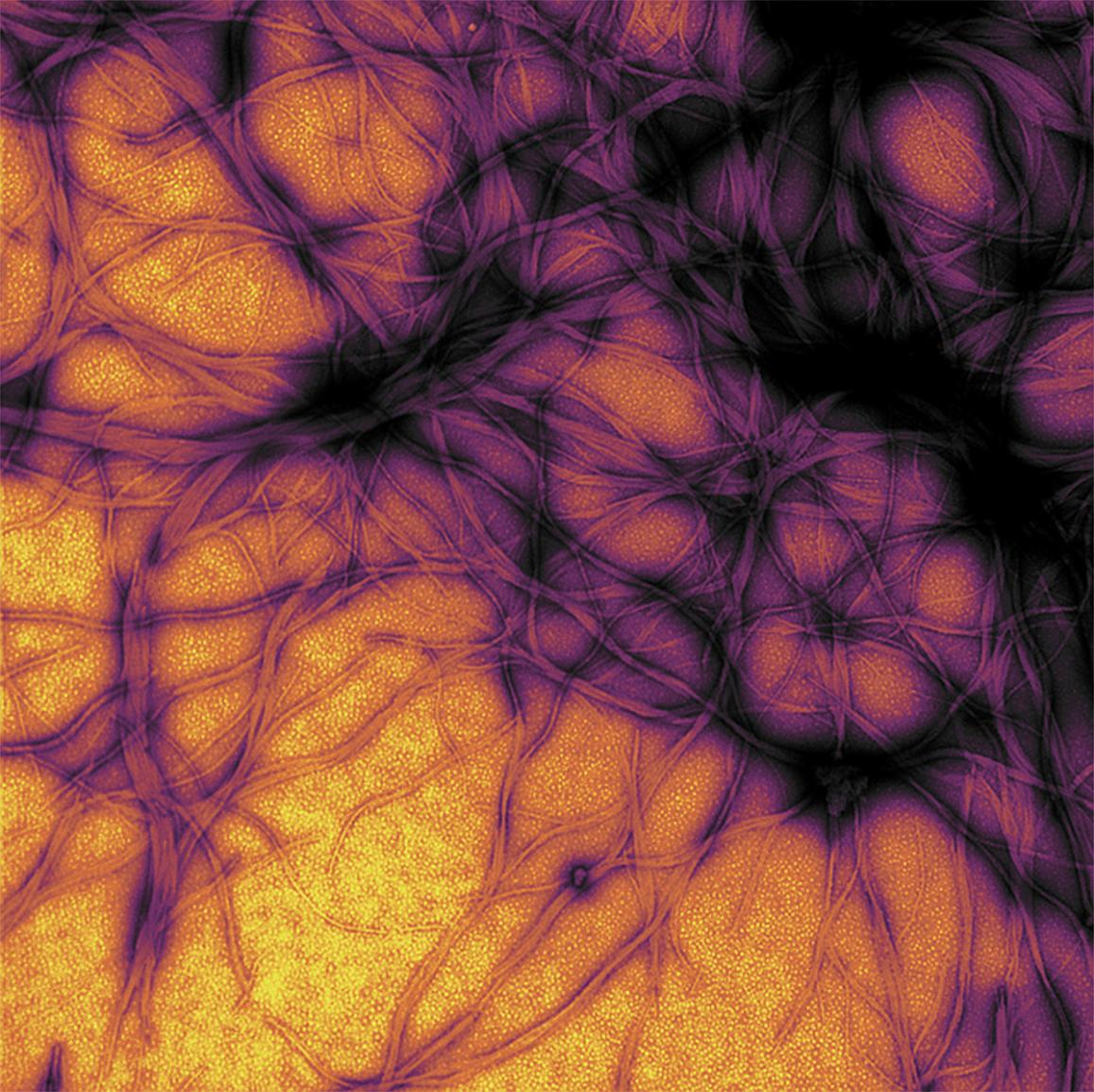NIAID scientists assess transmission risk of familial human prion diseases to mice
Familial human prion diseases are passed within families and are associated with 34 known prion protein mutations. To determine whether three of the unstudied mutations are transmissible, scientists from the National Institute of Allergy and Infectious Diseases, part of the National Institutes of Health, exposed research mice to brain samples from three people who died from a familial prion disease. After observing the mice for about two years, they found two of the mutations, Y226X and G131V, are transmissible.
Perhaps more interesting, the Y226X patient sample had previously been preserved in formaldehyde for three days, embedded in wax, and dried on glass specimen slides for several years before being rehydrated for the study. Yet, the sample infected four of eight mice.
The finding illustrates the hardiness of prion infectivity and the potential risks associated with prion transmission, potentially through surgery, blood transfusion or tissue donation. Samples for the other two mutations studied were taken from frozen brain tissue that was thawed.
This page was last updated on Friday, January 21, 2022
